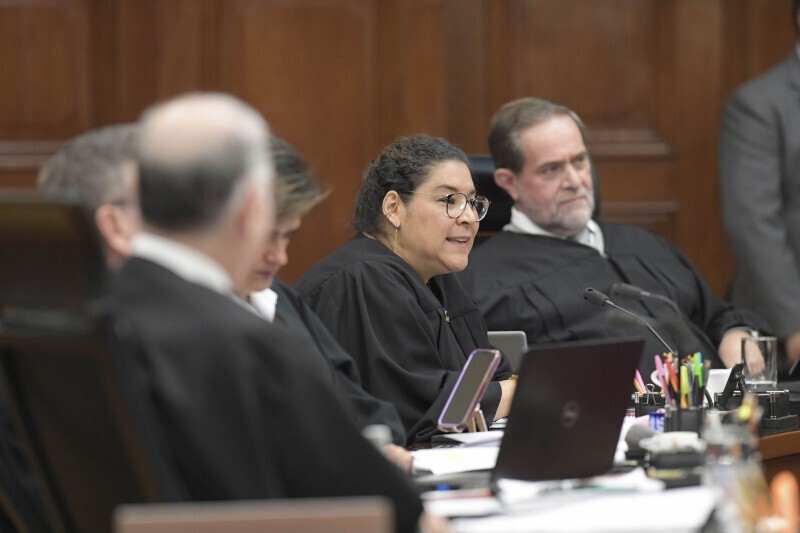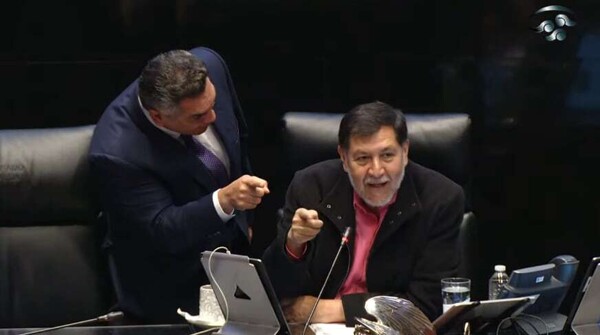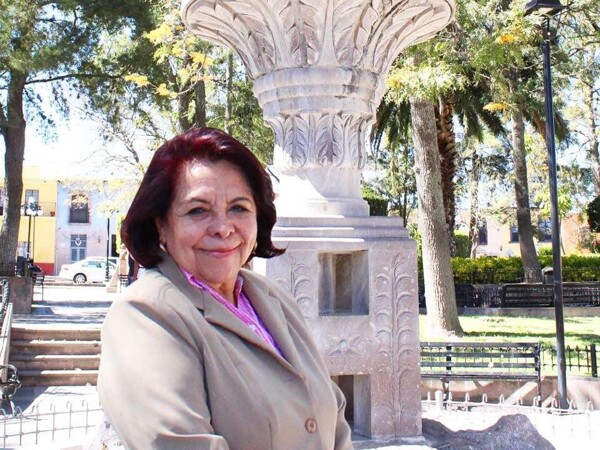
According to the Judicial Reform of the 4T, the Judiciary is to have five members, just like the other two branches. Yasmín Esquivel and Loretta Ortiz Ahlf jointly proposed profiles from the legal field in Mexico, such as Ruth Villanueva Castilleja, a prominent figure in business leadership magazines, and Silvia Gabriela Ortiz Rascón, a lawyer with academic experience.
Last week, before the official decision made this Wednesday regarding the resignation of eight of the eleven members of the Supreme Court of Justice – including president Norma Piña – Esquivel and Ortiz Ahlf presented a list of names to form the Evaluation Committee. This committee will be responsible for selecting profiles to be nominated for the districts and circuits of the Judiciary designated in the Senate of the Republic in light of the 2025 elections.
Despite these circumstances, Esquivel and Ortiz Ahlf, who define themselves as Obradoristas, expressed their intention to remain in the Court to seek reelection. Lenia Batres, the third minister seeking reelection, had warned about these intentions and refused to join the shortlist presented by her colleagues. Instead, she proposed her own list, including María Estela Ríos González, Bertha Galeana Cisneros, and Miguel Ángel de los Santos Cruz, allies of the 4T.
Details have emerged regarding the composition of both shortlists and the negotiations behind them, highlighting the influence of Batres Guadarrama. This minister attempted to secure two of the five profiles, leaving two others for Esquivel and Ortiz Ahlf, and one for the opposition represented by Norma Piña, aiming to complete the quota of five profiles.
Lenia Batres's confidence is based on a calculation of her potential popularity and support in the reelection, backed by her election by former President López Obrador and her recognized surname in circles allied with the 4T. The name Raúl Plascencia Villanueva stands out in her shortlist, a former president of the National Human Rights Commission during Felipe Calderón's government, whose management was criticized during the war on drugs, as denounced at the time by the leadership of the 4T.














